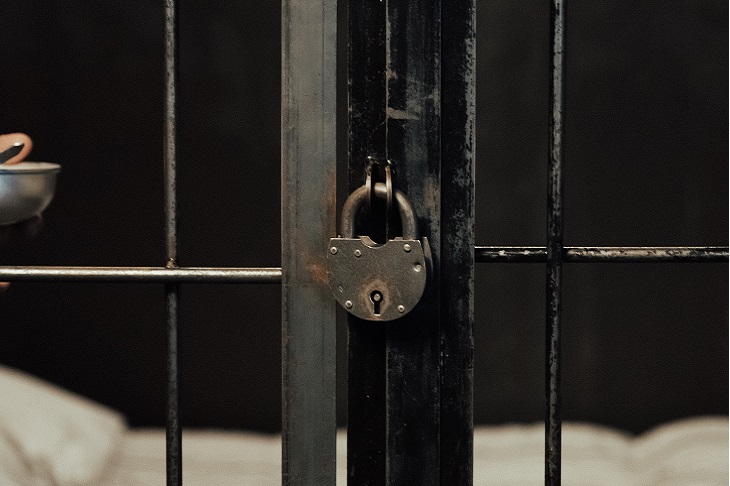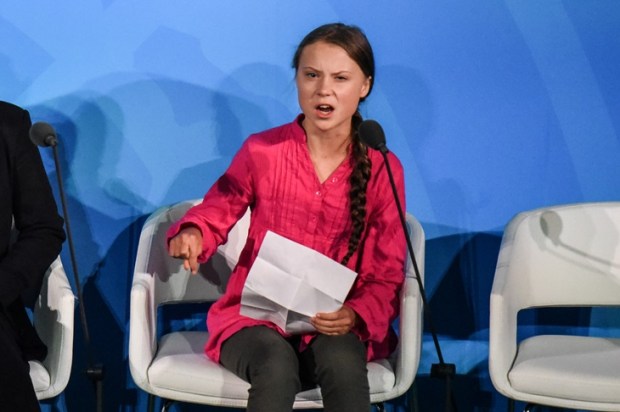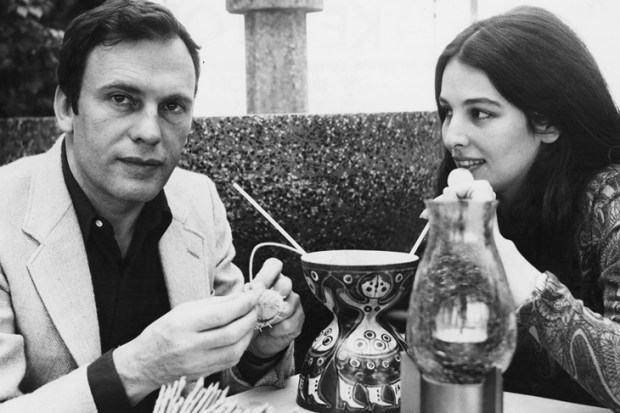The first time I heard the phrase ‘fair go!’ I was a young reporter new to Australia from Britain and needed a translation.
The editor of the Narrandera Argus had taken me along to a meeting with some heavies in the local shire council and he had used the expression. In the street afterward, I asked him to explain what it meant. He had been asked not to publish part of a report, to which he replied with the incredulous use of the phrase. He meant, ‘You can’t be serious asking me to do that!’ He explained it could also be used to agitate for fairness, in many and varied circumstances.
As an expression, it could be used in both incredulous and urging fashion, for example: Fair go mate, you can’t put people in prison who are innocent!
But Australia does put innocent people in prison, and crucial opportunities for overturning their wrongful convictions have been thwarted by politicians. We should live by the ‘fair go’ sentiment if we are to be fair dinkum about justice. While the separation of powers rightfully disallows politicians from interfering in the administration of the law, the one thing that politicians could do to make the justice system more responsive to appeals, they don’t seem willing to do.
An election campaign is a good time to ask them why not. No politician has even raised the issue for discussion. Why not?
In arguing for the establishment of a national Criminal Cases Review Commission (CCRC) mechanism, former High Court judge Michael Kirby makes a startling admission to press his point:
‘If I had enjoyed the time to conduct for myself the detailed examination of the evidence performed by counsel in the second appeal, I might have spared Mr Mallard eight years of unwarranted imprisonment. Subsequently, a judicial commission of inquiry, investigating other evidence, concluded affirmatively that the murder of the jeweller had been the work of another prisoner (not Mallard).’
Kirby argues that, ‘There is a need in Australia for greater concern and vigilance about the risk of miscarriages of justice … courts of criminal appeal can sometimes rise to the challenge and afford much-needed redress. The CCA institution then works as it should. But sometimes they fail.’
In America, a network of Innocence Projects has famously relied on the latest DNA technology to help exonerate hundreds of prisoners convicted of serious crimes. In the UK, the Criminal Cases Review Commission has likewise helped secure exonerations through the appeal courts after investigating applications from prisoners who had lost their appeals.
Such Commissions have also been embraced as vital reform in Canada and New Zealand. Australian politicians have simply not engaged with the subject, despite Kirby’s urgings. ‘…no jurisdiction has yet resolved to establish a CCRC. What is it about our country that always sees us limping behind [UK, NZ, and Canada] where justice is at stake.’
Wrongful convictions in Australia are either a) uniquely infrequent or b) largely left undisturbed, according to a briefing paper by Flinders University legal academic Dr Bob Moles.
‘If you take the number of wrongful convictions identified in the UK through the CCRC over the last 25 years – 535 cases, and then adjust for differences in population between UK and Australia – we should have picked up, say, 150-200 such cases. As it is, we have picked up barely a handful as the figures demonstrate.’
Referring to his paper, Dr Moles remarks: ‘The headline figures are that SA has had just 3 successful appeals in 8 years, Tasmania has had none in six years and Victoria has had 3 in 3 years.’
By comparison, the CCRC in the UK (population 67 million) has referred cases to appeal courts which have overturned an average of 25 cases per year for the last 25 years. Australia (population 25 million) is, ‘Clearly not working hard enough to own up to the wrongful convictions which have occurred there.’
‘The lack of a CCRC in Australia means that the appeal courts are not being properly subjected to peer review and the High Court cannot process the number of cases necessary to fulfil that function,’ added Dr Moles.
Three miscarriages of justice will each be the subject of a one-hour online discussion led by Moles for the South Australian Workers Educational Association (WEA). They will each take place at 12.15pm Adelaide time:
Wednesday 18 May 2022: Derek Bromley (South Australia) imprisoned now for over 38 years. Whilst his appeal was rejected by the South Australian appeal court, ‘We are now taking it to the High Court for further review.’
25 May 2022: Susan Neill-Fraser (Tasmania) imprisoned for over 13 years. This case was also rejected by the appeal court and is also proceeding to the High Court for further review.
1 June 2022: Kathleen Folbigg (New South Wales) imprisoned for the deaths of her four babies. Over 150 world-leading experts say the babies died of natural causes.
There is a small charge for participation, so each person will need to log in to the WEA website, do a word-search for ‘Moles’ and the details of each discussion and the link to register will be provided.
Given that South Australia, Victoria, and Tasmania have introduced a further right of appeal (with Western Australia on the way) their citizens enjoy a slightly improved system of criminal justice than the rest of Australia – which is an inconsistent and unjust state of affairs. A CCRC would address that inconsistency.
The Australian Human Rights Commission (AHRC) has stated that, ‘The current systems of criminal appeals in Australia may not adequately meet Australia’s obligations under the International Covenant on Civil and Political Rights in relation to the procedural aspects of the right to a fair trial. More particularly, the AHRC has concerns that the current system of criminal appeals does not provide an adequate process for a person who has been wrongfully convicted or who has been the subject of a gross miscarriage of justice to challenge their conviction.’
Moles has co-authored letters with this writer to all three recent Federal Attorneys-General, outlining a relatively simple and inexpensive plan that meets the legal requirements of a Federation with individual jurisdictions. Federal leadership is needed to ‘herd’ the States to the plan. All three approaches have been ignored.
That could be characterised as failure to provide the leadership to motivate the States to co-operate in giving those poor innocent sods in jail a fair go. Fair dinkum!
Andrew L. Urban is the author of Murder by the Prosecution (Wilkinson Publishing) and edits wrongfulconvictionsreport.org
Got something to add? Join the discussion and comment below.
Get 10 issues for just $10
Subscribe to The Spectator Australia today for the next 10 magazine issues, plus full online access, for just $10.


























Comments
Don't miss out
Join the conversation with other Spectator Australia readers. Subscribe to leave a comment.
SUBSCRIBEAlready a subscriber? Log in